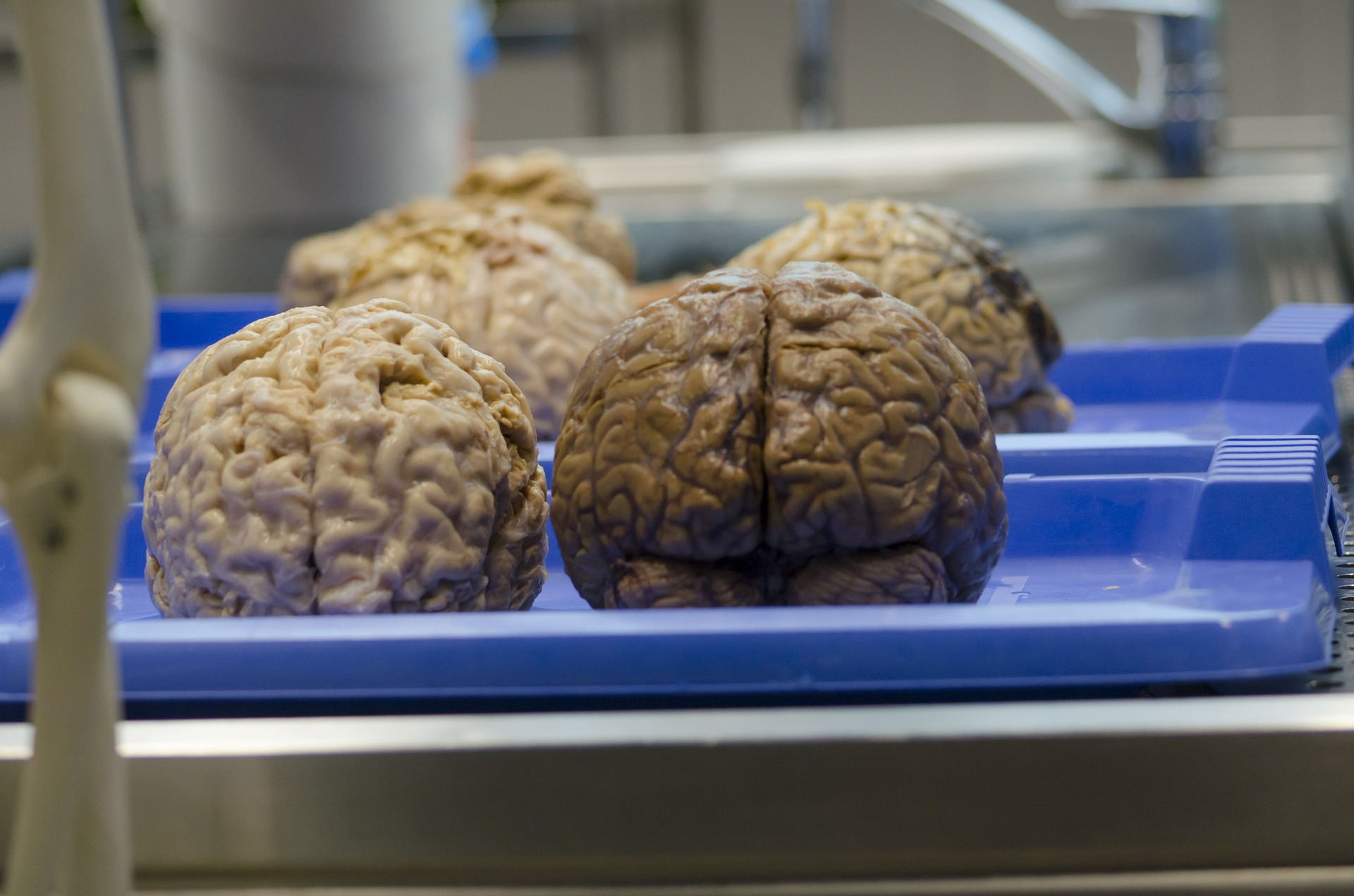The brain and behaviour
Essential understandings
- Our brain and neurochemistry – including neurotransmitters, hormones, and pheromones – play a role in human behaviour.
- As brain imaging technology has improved, so has our ability to investigate the biological origins of human behaviour.
- Our physiology is a dynamic system that may change through interaction with the environment.
 The biological approach to studying behaviour argues that there are physiological origins of many behaviours, and that human beings should also be studied in terms of their biology. This is because psychologists have found that the relationship between biological factors and behaviour is bidirectional – that is biology may affect behaviour and cognition, and the other way around. Psychologists study how environmental factors interact with biological systems in both animals and humans.
The biological approach to studying behaviour argues that there are physiological origins of many behaviours, and that human beings should also be studied in terms of their biology. This is because psychologists have found that the relationship between biological factors and behaviour is bidirectional – that is biology may affect behaviour and cognition, and the other way around. Psychologists study how environmental factors interact with biological systems in both animals and humans.
Many physiological factors can play a role in behaviour and cognition: neurotransmitters, hormones, and genes. However, physiology does not always work on its own; for example, physiology responds to environmental stimuli, such as a stressful or happy experience, or an attractive person walking by.
One of the major controversies in the history of psychology is the so-called nature versus nurture debate, in which researchers debated whether human behaviour is the result of biological or environmental factors. At this point in the history of psychology, a more balanced approach has been adopted as scientific findings have demonstrated that it is not a question of either biology or environment, but that both nature and nurture play a role. This is reflected in the interactionist approach used by modern psychologists who adopt a more holistic picture of human behaviour. This is also the approach of IB psychology.
An interactionist approach uses different approaches – biological, cognitive, and sociocultural – to get a richer understanding of behaviour.
The biological approach is based on certain assumptions about human behaviour. The most basic assumption is that there are biological correlates of behaviour – that is, complex human behaviours may be reduced to biological origins. Biologists study the role that neurotransmitters, hormones, brain structure, and genetics – among other biological factors – may play in behaviour. If a researcher only focuses on a single biological factor to explain complex human behaviour, this is a reductionist approach.
A reductionist approach analyzes a complex behaviour by studying the simplest, most basic mechanisms that are believed to be responsible for the behaviour.
A second assumption of the biological approach is that behaviours can be inherited. Since biological psychologists argue that biological factors are important in understanding the origins of behaviour and our biology is the result of genes, this seems a logical argument. The mapping of the human genome has led to the assumption that eventually, we will know how specific genes are related to behaviour. However, scientists already know the relationship between genes and behaviour is complex. Psychologists argue that there is not a single gene for a behaviour, but rather that a combination of gene expression may lead to physiological processes that result in a behaviour. As we will see in the next chapter, stress and other environmental factors may play a key role in whether a gene related to a behaviour is “expressed.”
A final assumption is that animal research can provide insight into human behaviour; as a result, a significant amount of research is undertaken using animals. As we will see in the HL extension, mammals have very similar physiology. Our brains, nervous system, and endocrine systems work very much like other mammals. In addition, our genetic make-up is also very similar to animals. Charles Darwin (1809-1882) argued in his groundbreaking theory that there is a continuity of evolution, so not only do we share physiological traits with other organisms, but perhaps our behaviours are also related along this continuum. As we will see, psychologists often use animals to carry out research that may not be possible with human beings.
Which of the following is not an example of a physiological factor?
Stress in the workplace is an environmental factor; it may, however, lead to a physiological response involving hormones.
Which of the following statements is not true about the biological approach?
Biologists tend to recognize the complexity of human behaviour and do not assume that we can attribute behaviour to a single gene, hormone or neurotransmitter. This is seen as an overly reductionist approach.
Biologists argue that when genes interact with the environment, they are "turned on" or "turned off." This process is known as
Which of the following is not a reason for carrying out research on animals?
Although it is true that psychologists can do some research that they would not be allowed to do on humans, you will see that there are still ethical considerations that must be met if the research is to be approved.

 IB Docs (2) Team
IB Docs (2) Team
